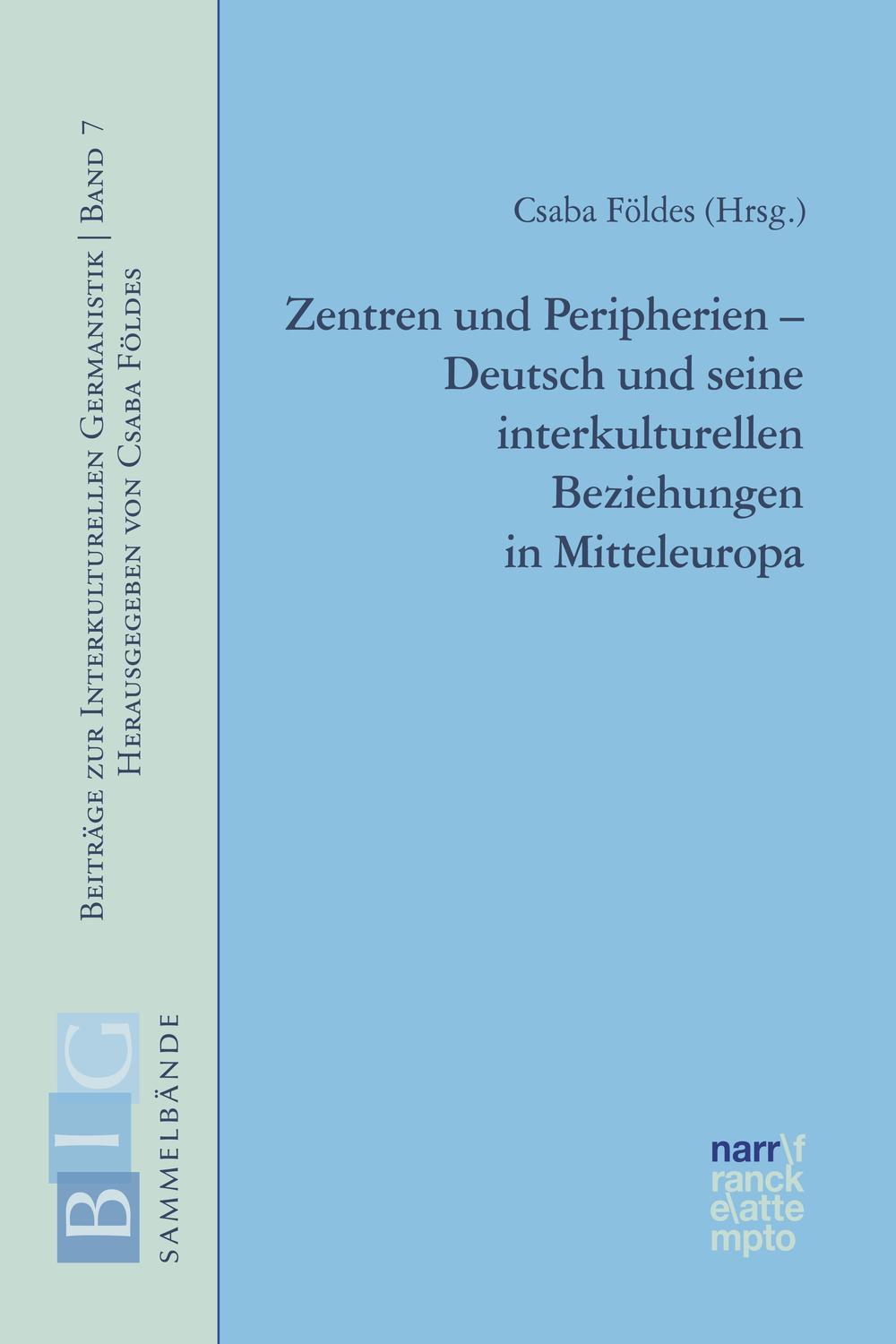1. Language variation in minority online newspapers: The example of the 'Deutsche Allgemeine Zeitung' in Kazakhstan
- Author
-
Csaba Földes
- Subjects
Media language ,minority press ,interculturality ,multilingualism ,German in language contact situations ,Language and Literature ,Philology. Linguistics ,P1-1091 - Abstract
This article discusses the online edition of the “Deutsche Allgemeine Zeitung” (DAZ, German General Newspaper), an exceptional media product in Kazakhstan. This medium was chosen mainly for its very complex linguistic and cultural configuration. The linguistic forms are German, while the discourse and text traditions suggest a Russian influence due to the long hegemony of Russian as the language of culture and education in Kazakhstan. Additionally, the current sociocultural frame of reference is of genuine Kazakh origin. The central aim of this evidence-based media linguistic analysis was to describe the unique features in the language of this online medium, i.e. the multilingual aspects of language variation and aspects related to language and cultural contact. The methodology is based on a linguistic concept of saliency and used interrater reliability in the linguistic assessment. The study showed that the online version and the print version differ not only on a technical level, but also in their journalistic and linguistic design. The digital version is marked by livelier, more idiomatic, and more colorful texts than the print version. These differences can likely not just be attributed to the greater range of options provided by the new medium, but possibly also to the larger share of contributions by authors from Germany in the online version compared to the print version. In the written practices examined in this article it could be shown that authors from Kazakhstan generally used ‘multiliteracy’ form that also generated emergent forms.
- Published
- 2022
- Full Text
- View/download PDF






